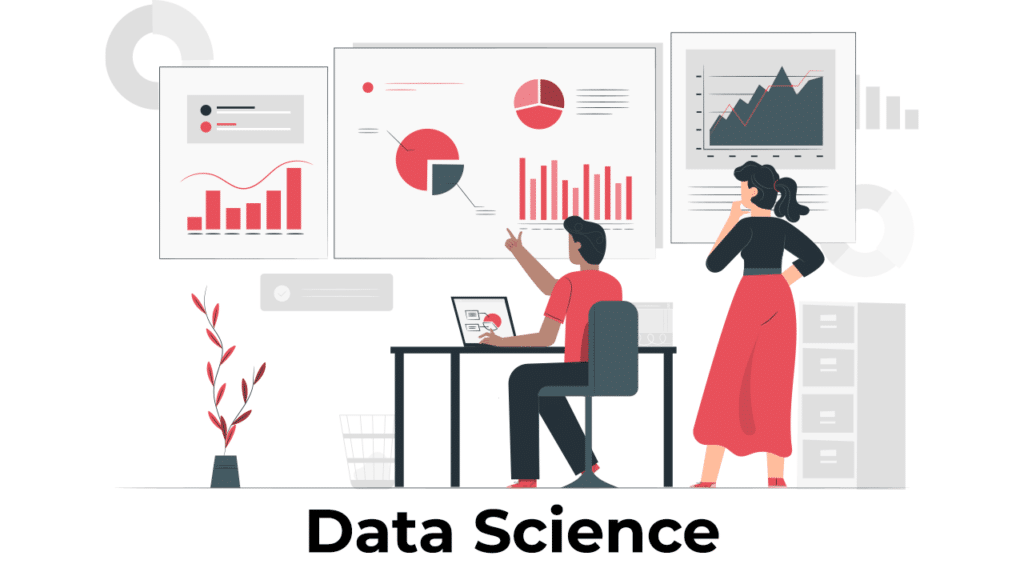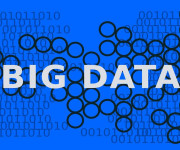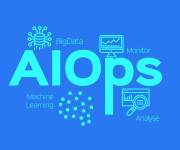Top 5 Data Science Tips For Beginners: It’s Easy If You Do It Smart
Introduction
Today, an organisation collects and creates enormous volumes of data, and a data scientist applies a multidisciplinary approach to extracting actionable insights from that Data. The data science field includes preparing, processing, and analysing data to reveal patterns and presenting the results to enable stakeholders to reach informed conclusions. To prepare data for processing, it can be cleaned, aggregated, or manipulated.
Developing algorithms, analytics, and artificial intelligence models are part of the analysis process. By turning data patterns into predictions, it enables businesses to make smarter, more informed decisions. Its software crawls through data to find ways and then converts them into forecasts. Tests and experiments designed to validate the accuracy of these predictions should be conducted. To make these results easily accessible, data visualisation tools should be used. These tools make it possible for anyone to see patterns and see trends in data.
Importance of Data Science
Having the ability to process and interpret Data is why we need data science. As a result, companies can make informed decisions about growth, performance, and optimisation. In the coming decade, we will see an increase in demand for data scientists. Machine learning, for example, is now used to analyse any data, no matter how large or small. Business decision-makers rely on data metrics. US Bureau of Labor Statistics predicts that the number of data scientists will reach almost 11.5M by 2026. To increase efficiency and planning, companies are ramping up their data science workforce.
Top 5 Tips for Data Science Beginners
- Pick your resources wisely
- Ask the right questions
- Master the art of storytelling with Data
- Learn statistics
- Learn Python
1. Pick your resources wisely
One can Understanding Data Science in different ways. From reading relevant articles to registering with online courses, there are many ways one can gain knowledge. However, what you
don’t achieve is the experience. Experience can only be earned. If you want to learn from the experience of people who have worked with data science and can give you hands-on experience, you need to follow the right people and proper resources. For example, many industry experts often write articles or attend meetups.
Experience can only be acquired with time, and by following the right people and the right experts, you will learn new things and learn from the mistakes they made. While many people prefer learning by making a mistake, more competent people learn from the mistakes others are making.
2. Ask the right questions
Data scientists have to ask a barrage of questions to understand the goals of an organisation. And it would help if you asked the right questions. But, on the other hand, by asking questions that are not relevant, you are only gathering the information you need.
The main goal of asking a question is to define the problem statement. In short, inquiries are the first step taken by data scientists. Once you start asking questions, it will become your second nature and realise its importance. You will also learn to ask better questions as you get used to the process.
3. Master the art of storytelling with Data
Great stories have precise detailing and visualisation. Data is just a pile of messy and unstructured information until a data scientist starts extracting insight from it. Once the understanding is clear, it is not a messy pile of information anymore. The art of storytelling is a fundamental skill for any data scientist, as it determines how others will interpret their results. Data is a set of facts and figures that can be translated into a story. Depending on the type of story you want to tell, your approach will vary. Data scientists use storytelling to communicate important trends or patterns they have found in their data. Journalists use storytelling to communicate the findings from their investigations and what those findings mean for society at large. In this article, we’ll explore the role of storytelling in both data science and journalism from a technical standpoint and an ethical one.
4. Learn Statistics
Learning statistics is essential for any data scientist because it provides an understanding of the foundations of data analysis. It enables you to work with data in a more precise and accurate way than if you did not know how to use statistical concepts related to probability, inference, and sampling errors.
A statistician’s job is to provide an understanding of the foundations of data analysis. This can include teaching about probability, inference, and sampling errors. In addition, statisticians are responsible for teaching their techniques to other people to help them make sense of their data more efficiently. Thus, statistics is an essential skill for data scientists as it helps them analyse and understand data better. It also enables the scientists to conclude which assumptions are correct and which ones need to be revised. Thus, statistics is a must-have skill for any aspiring data scientist, and it can be learned online alongside your data science course.
5. Learn Python
Python is the most popular programming language among data scientists. It is essential for data scientists as it helps to build interactive reports, explore and visualise data, and create charts and graphs. Python is a structured and easy-to-learn language that has gained immense popularity among scholars worldwide because of its simplicity and flexibility. While other programming languages too can be used for Data Science, Python has the edge over other languages as it allows us to create interactive plots, charts, and graphs with relative ease.
Conclusion
Data Science is the fastest-growing field, and the data scientists demand it is at an all-time high.
The demand for data scientists in the workforce reached an all-time high, and many employers are finding it challenging to find qualified candidates. The data scientist shortage is happening due to a mismatch in supply and demand. There is a lack of people who have skills in both programming and statistics that can work in big data analytics. With the increasing demand, Data Science courses and Data Analytics courses are also increasing.
If you want to make a career in this field, this is the best time to get started. So, find your favourite online data science course and get started now. And don’t forget to opt for certification courses.

























